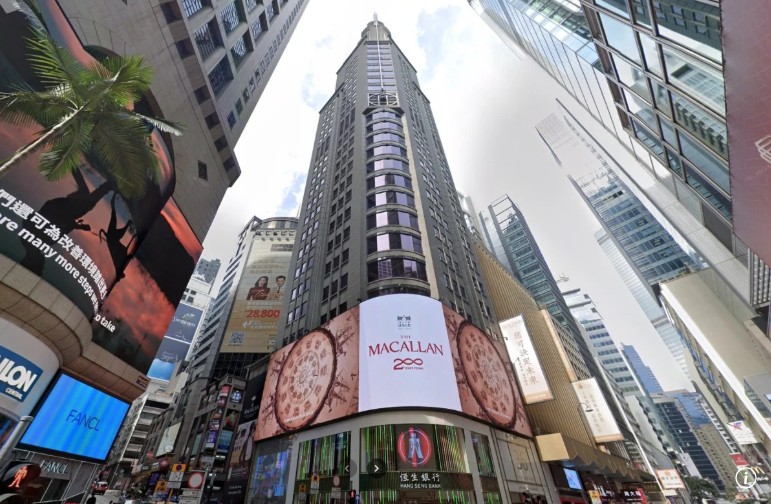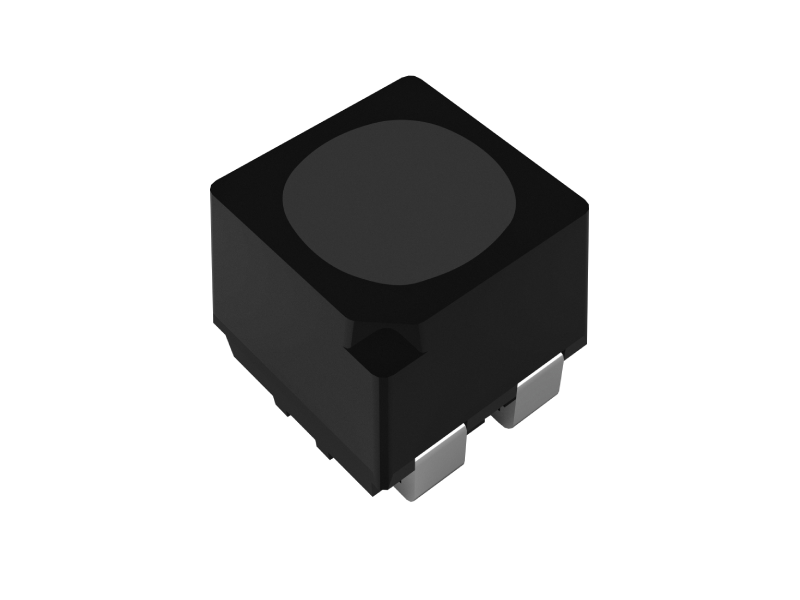In a city where commercial rents are slipping month after month, a digital transformation is quietly rewriting the rules of real estate returns. The Hing Wai Building in Hong Kong has installed a massive LED wall on its facade—now generating $3.3 million in annual advertising revenue, equivalent to the rent from ten full office floors. This shift signals more than just a clever fix to a slow market; it represents a growing global trend where LED displays are becoming one of the most profitable features of any commercial property. As this model gains traction worldwide, more landlords are discovering that light—not just tenants—can pay the bills.

The Hing Wai Building, located in Hong Kong’s core business district, struggled like many during the post-pandemic downturn. Rather than lowering rents further, Li Man-on, director of Hing Wai Investment, decided to monetize the exterior. With a $3.1 million investment, the company built a massive LED screen that now pulls in $3.3 million annually. It’s fully booked with advertisers until well into next year. “Offering rent reductions is only a short-term strategy,” Li said. “This LED screen is helping us unlock long-term value.”
The success in Hong Kong is far from unique. These global cases show how LED video walls are transforming underused building exteriors into high-revenue advertising platforms.
At 1535 Broadway, an 8-story-tall LED screen towers above Times Square. Operated by Vornado Realty Trust, this display generates over $10 million a year. Global brands like Coca-Cola and Google are regular advertisers, turning the building’s corner visibility into a landmark media asset.
Cross Shibuya Vision, a 3D LED screen launched in 2021, has become a viral sensation. Its immersive content attracts huge foot traffic and social media exposure. Advertisers pay approximately ¥6 million (US$38,000) per week for just 15-second slots, making it one of Japan’s most valuable ad locations.
Dubai’s Burj Khalifa has set records not just in height, but in advertising revenue. Its LED projection campaigns—often used by global giants like Cartier and Samsung—can bring in over $500,000 per campaign. Though temporary, these large-scale digital takeovers offer unmatched visibility and rapid returns.
Located in the heart of London, the iconic Piccadilly Lights LED display spans over 790 square meters. Owned by Landsec, it showcases high-end brands like Hyundai, L’Oréal, and Coca-Cola. Estimated to generate around $40 million in annual advertising value, it stands as one of Europe’s most lucrative digital billboards.
The Place mall in Beijing features one of the world’s largest LED ceilings—covering 7,500 square meters. Though originally built as an attraction, it now hosts premium ad campaigns, interactive light shows, and brand experiences for companies like Mercedes-Benz and Oppo. Campaign packages have been reported in the multi-million dollar range for seasonal or national events.
The COEX K-POP Square LED in Seoul’s Gangnam district gained global fame for its “giant wave” 3D illusion. Now a cultural icon and commercial hotspot, it attracts fashion, music, and tech brands, with daily ad slots priced from US$8,000–12,000, and annual contracts valued at $3–5 million depending on visibility and timing.
These cases highlight a broader industry shift: LED displays are becoming essential urban infrastructure. Weatherproof, programmable, and energy-efficient, they offer continuous revenue without the volatility of tenant turnover. For buildings in high-traffic areas, they deliver not only attention but also passive income—and often at a higher margin than traditional leasing.
As real estate markets face growing uncertainty, these high-ROI installations offer a dependable and scalable income model. The formula is clear: great location plus great visibility equals great return.

Kinglight – professional supplier of LEDs
The story of the Hing Wai Building is no longer an exception—it’s a preview of the future. Around the world, building owners are realizing that the most valuable real estate asset might not be inside the property, but glowing on its surface. In a digital-first economy, LED displays are not just lighting up streets—they’re lighting the way toward smarter, more profitable urban development.